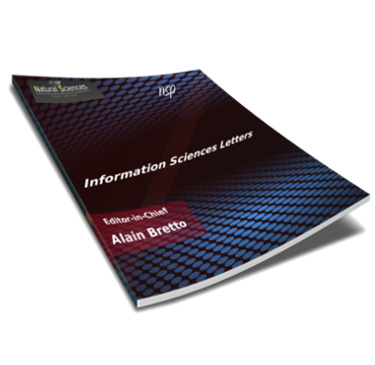
Information Sciences Letters
Abstract
With the accelerated evolution of smart mobile applications, more government organizations are putting forth efforts to motivate their citizens to utilize mobile government (m-gov) applications and services. Accordingly, the citizens’ perspective is vital to improve the applications and promote their engagement in the public services. The current study explored an important issue related to the factors affecting citizens adoption of smart m-gov services in the Jordanian context in order to develop a conceptual framework. Previous research on e-government adoption has paid attention to traditional web-based services. Yet, given the distinguishing characteristics of mobile technology and its application, more study of m-government is warranted. The current study expands the Unified Theory of Acceptance and Use of Technology (UTAUT) by integrating its original variables (i.e., Performance Expectancy PE, Effort Expectancy EE, Social influence SI, Facilitating Conditions FC) with contextual variables (i.e., Fear of COVID-19, Trust, Corruption Avoidance). The proposed model will contribute to academic literature and provide practical implications, advancing the understanding of mobile-based governmental services and applications during crisis time (e.g., COVID-19).
Recommended Citation
F. Alkhwaldi, Abeer and T. Al-Ajaleen, Raghda
(2022)
"Toward a Conceptual Model for Citizens’ Adoption of Smart Mobile Government Services during the COVID-19 Pandemic in Jordan,"
Information Sciences Letters: Vol. 11
:
Iss.
2
, PP -.
Available at:
https://digitalcommons.aaru.edu.jo/isl/vol11/iss2/57

